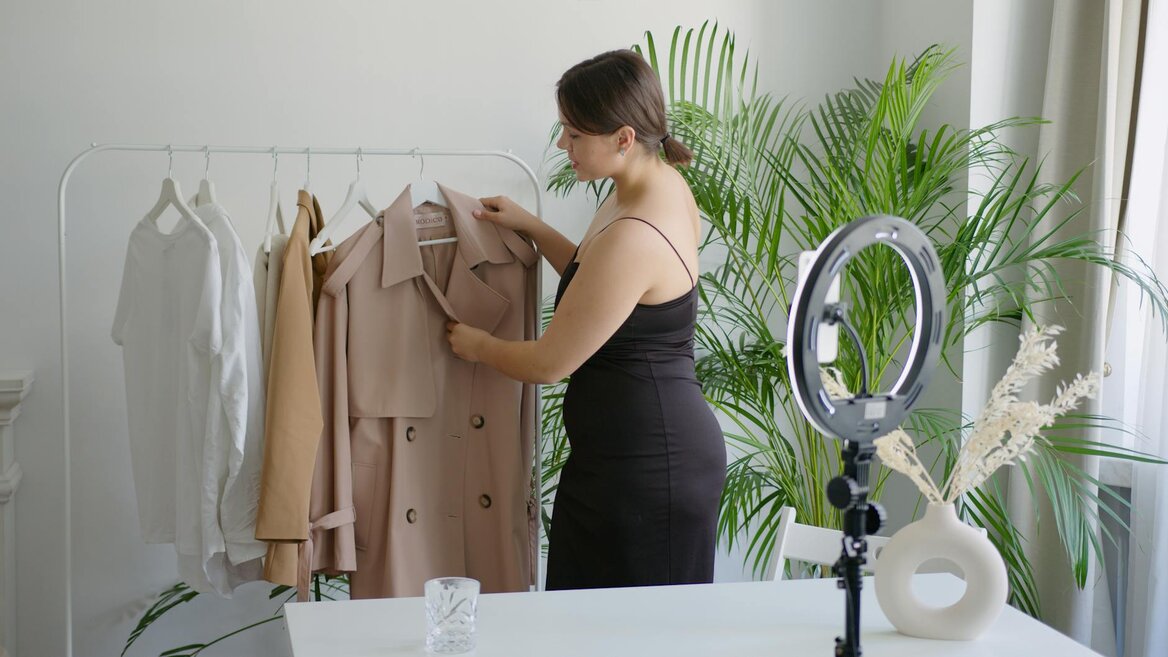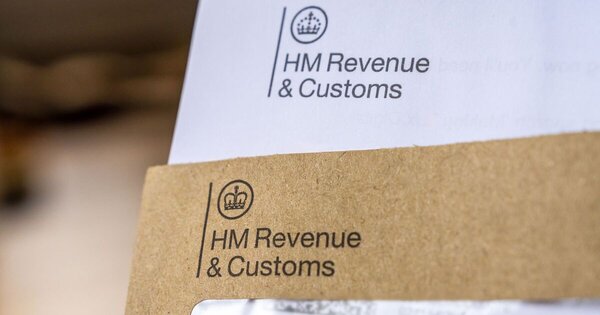HMRC Cracks Down on Side Hustlers Over £1,000 Threshold
HMRC is turning up the heat on UK side hustlers earning over £1,000 a year. From resellers on eBay to TikTok creators, anyone making extra income outside traditional employment must now report those earnings or risk facing penalties.
What’s different now? HMRC has direct access to digital platform data, enabling it to spot undeclared income more easily than ever before. This shift is part of a broader clampdown on the UK’s shadow economy, and it’s catching casual earners off guard.
The £1,000 Trading Allowance: What It Really Means
HMRC allows individuals to earn up to £1,000 a year tax-free from self-employment or side gigs this is called the trading allowance. But once your gross income exceeds this threshold, you must either:
- Deduct the £1,000 allowance
- Deduct your actual expenses (if they exceed £1,000)
…before calculating taxable profits and filing a Self Assessment. Failing to do so could lead to penalties and interest charges, depending on how the omission is treated.
Digital Platforms Must Now Report Your Earnings
From 1 January 2024, platforms like eBay, Etsy, Airbnb, Vinted, Fiverr, and Deliveroo are legally required to collect data on sellers and share it with HMRC. This includes:
- Name, address, and tax ID
- Income and transaction history
- Bank account details
The first reports are due by 31 January 2025. For side hustlers, this means the days of flying under the radar are over.

Penalties: What You Could Face
Penalties for undeclared income vary depending on whether the omission is accidental or deliberate. For example:
- Careless errors: 0–30% of the tax due
- Deliberate but not concealed: Up to 70%
- Deliberate and concealed: Up to 100%
While 100% penalties are rare for genuine mistakes, HMRC does have the power to enforce them. That’s why keeping accurate records and declaring earnings promptly is essential.
Future Changes: Trading Allowance to Rise to £3,000
In a welcome move for small earners, HMRC confirmed in March 2025 that the trading allowance threshold will increase to £3,000. This change is set to take effect by April 2027, possibly sooner, and is designed to ease the administrative burden for low-level earners using digital platforms for casual income.
Who This Affects And Who Should Act Now
If you’re earning from:
- Online selling (eBay, Vinted, Etsy)
- Freelancing or gig work (Fiverr, Upwork, Deliveroo)
- Renting out property (Airbnb, SpareRoom)
- Influencing and content creation (TikTok, YouTube)
…you should check your income and register for Self Assessment if necessary.

Conclusion
HMRC’s new rules mark a major shift in how side income is monitored and taxed. While the current £1,000 trading allowance offers some flexibility, the arrival of platform data-sharing has removed much of the anonymity that casual earners once relied on.
With the future £3,000 threshold offering some relief, the best approach now is simple: declare what you earn, keep good records, and stay informed. Tax doesn’t have to be scary, but ignoring it can be costly.
Frequently Asked Questions
What is the trading allowance and who qualifies?
The trading allowance lets individuals earn up to £1,000 tax-free from side income. Above that, income must be reported. It applies to casual earners, freelancers, and sellers.
When will the allowance rise to £3,000?
HMRC has confirmed the new £3,000 threshold will come into effect by April 2027. The goal is to ease compliance for part-time earners.
What platforms share data with HMRC?
Platforms like Airbnb, Etsy, eBay, Vinted, and gig apps now report user income directly to HMRC as of January 2024.
What if I forget to report side income?
If caught, you may face penalties ranging from 0–100% depending on the situation. Best practice: disclose all income promptly.
How do I know if I need to file a tax return?
If your untaxed income exceeds £1,000 from any side work, you’ll need to register for Self Assessment and submit a return by the following January.











